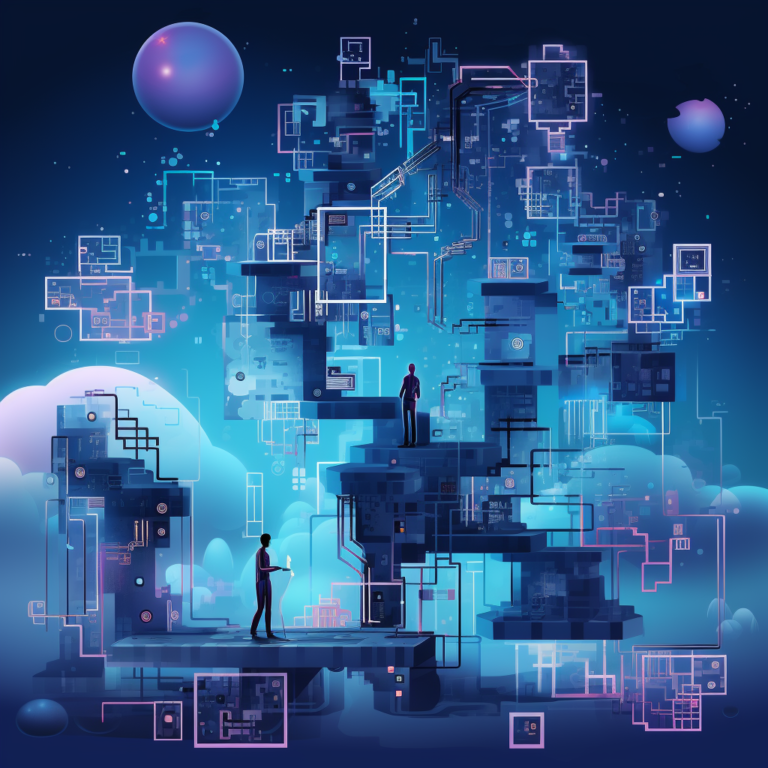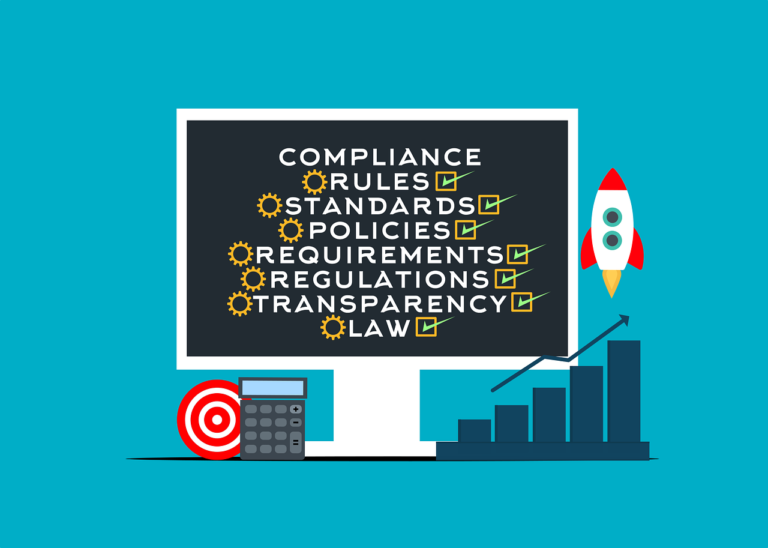Will Software Testers be Replaced by AI? The Future of QA Testing and Artificial Intelligence
Software testers play a critical role in ensuring the quality and functionality of software applications. With advancements in artificial intelligence (AI), there have been discussions about the possibility of AI replacing software testers.
Overview of the role of software testers
Software testers are responsible for identifying bugs, defects, and issues in software applications during the development process. They conduct various tests, including functional, performance, and usability testing, to ensure that the software meets the required standards and user expectations. These experts play a vital role in delivering high-quality software products and improving user experiences.
Discussion on advancements in AI technology
While AI has made significant progress in automating tasks and processes, it is unlikely to completely replace software testers. AI can assist in certain testing aspects, such as automating repetitive test cases and generating test data. However, human testers bring a unique perspective, intuition, and critical thinking that is necessary for exploratory testing, identifying edge cases, and understanding user behavior.
Moreover, software testing involves not only technical skills but also domain knowledge, communication, and collaboration with stakeholders. AI may enhance certain aspects of testing, but the human touch will still be essential for comprehensive and effective software testing.
Overall, while AI technology may augment and improve software testing processes, it is unlikely to replace the role of skilled software testers. The collaboration between AI and human testers can lead to more efficient and reliable software testing practices.
Impact of Artificial Intelligence on Software Testing
Automation of repetitive tasks
AI is revolutionizing software testing by automating repetitive tasks. Software testers spend a significant amount of time performing repetitive tasks such as regression testing. AI-powered tools can automatically execute these tasks, freeing up testers to focus on more complex and critical aspects. This not only improves efficiency but also reduces the risk of human errors.
Enhancement of test coverage and accuracy
AI enables testers to enhance test coverage and accuracy. By leveraging machine learning algorithms, AI can analyze vast amounts of data and identify patterns that humans might miss. This allows for more comprehensive testing, ensuring that all possible scenarios are covered. Additionally, AI-powered tools can detect defects with higher accuracy, minimizing false positives and negatives and enabling faster bug detection and resolution.
In conclusion, AI is transforming the field of software testing by automating repetitive tasks and improving test coverage and accuracy. While AI may replace certain aspects of manual testing, the role of software testers will evolve rather than being completely replaced. Testers will continue to play a crucial role in designing test strategies, analyzing results, and making critical decisions. AI will empower testers to be more efficient and focus on higher-level activities, ultimately enhancing the overall quality of software products.Source: www.impactqa.com
Benefits of AI in Software Testing
Increased efficiency and productivity
The integration of AI in software testing can greatly enhance efficiency and productivity. AI-powered software testing tools have the ability to perform repetitive tasks and execute test cases at a much faster rate than human testers. This not only saves time but also reduces the chance of human errors. In addition, AI can analyze large volumes of test data and provide valuable insights, helping testers identify patterns and trends that may go unnoticed by humans.
Improved defect detection and resolution
AI algorithms can effectively detect defects and anomalies in software applications. Machine learning models can be trained on past data to identify common bugs and errors, allowing testers to focus on more complex and critical areas. Moreover, AI can assist in automating the process of bug fixing and resolution, making it faster and more accurate. By leveraging AI technologies, software testers can improve the overall quality of software products and deliver more reliable and robust solutions.
In conclusion, while AI in software testing has many benefits, it is unlikely that AI will entirely replace human testers. Human testers bring essential skills such as critical thinking, creativity, and domain knowledge that are valuable in identifying complex issues and providing qualitative insights. Therefore, the integration of AI and human expertise can result in a more efficient and effective software testing process.

The Role of Testers in an AI-driven Future
Adaptation and upskilling for AI integration
In an ever-evolving technological landscape, software testers may wonder if their roles will be replaced by AI. However, it’s important to understand that AI is not here to replace testers, but to augment their capabilities. Testers will need to adapt and upskill to work alongside AI systems. This means learning how to leverage AI tools for automated testing, analyzing AI-generated data, and understanding the limitations and biases of AI algorithms.
Collaboration between testers and AI systems
Testers and AI systems can work hand in hand to enhance the quality and efficiency of software testing. AI can assist testers by automating repetitive tasks, identifying patterns and anomalies in code, and suggesting improvements. Testers, on the other hand, bring their human intuition, creativity, and domain knowledge to ensure comprehensive testing. By collaborating with AI systems, testers can focus on higher-value activities such as exploratory testing, test strategy planning, and analyzing complex test results.
In conclusion, the future of software testing lies in the integration of AI technologies. Testers who embrace this change and adapt their skills will be able to leverage the power of AI to enhance their effectiveness and provide even better quality assurance.
Challenges and Limitations of AI in Software Testing
Complex test scenarios and human judgment
While AI in software testing has made significant advancements, there are still challenges in handling complex test scenarios that require human judgment. AI algorithms may struggle to handle unique edge cases, and human intervention may be necessary to ensure comprehensive testing. Additionally, human testers bring critical thinking and intuition to the process, allowing them to identify nuanced issues that AI may miss.
Ethical considerations and biases
Ethical considerations and biases are another important aspect to consider when replacing software testers with AI. AI systems are built on data sets, and if these data sets are biased or lack diversity, it can lead to biased testing and inaccurate results. Human testers, on the other hand, can apply ethical judgment and bring a more diverse perspective to uncover potential biases in software testing.
In conclusion, while AI has made significant advancements in software testing, it still faces challenges in handling complex scenarios that require human judgment. Additionally, ethical considerations and biases are important factors to consider when relying solely on AI for testing. Therefore, the combination of AI and human testers can create a more robust and accurate testing process.

Future Outlook
Exploration of potential trends and advancements
As technology continues to advance at a rapid pace, the role of software testers may undergo significant changes. AI has already made inroads into the field, with automated testing tools and machine learning algorithms enhancing efficiency and accuracy. However, it is unlikely that AI will fully replace software testers. Instead, it is more probable that testers will need to adapt and acquire new skills to work alongside AI systems and leverage their capabilities for more effective testing processes.
Balancing human expertise and AI capabilities
While AI can automate repetitive and mundane tasks, the crucial aspect of human expertise cannot be overlooked. Software testers possess domain knowledge, critical thinking abilities, and intuition that allow them to identify and analyze complex issues that AI systems may miss. By combining the strengths of AI with human skills, organizations can achieve higher levels of reliability and quality in their software products.
It is imperative for software testers to embrace AI as a tool rather than viewing it as a threat. By staying updated with advancements in AI technology, acquiring new skills, and continuously developing their expertise, software testers can position themselves to thrive in the evolving landscape of software testing. The future will likely see a symbiotic relationship between AI and testers, where AI augments their capabilities rather than replacing them entirely.
Conclusion
Summary of key points and insights
Software testing plays a crucial role in ensuring the quality and functionality of software products. However, the rise of AI technology has sparked concerns about the future of software testers. While AI has the potential to automate certain testing tasks, it is unlikely to completely replace human testers. AI can assist testers in improving efficiency and accuracy, but human testers bring critical thinking, domain knowledge, and creativity to the table.
Evaluation of the likelihood of testers being replaced by AI
The complete replacement of software testers by AI is highly improbable. AI can automate repetitive and mundane tasks, such as regression testing and code analysis, allowing testers to focus on higher-value tasks like exploratory testing and test strategy development. Additionally, human testers possess the ability to understand user experiences, identify edge cases, and adapt to changing requirements, which are essential elements that AI may struggle to replicate.






